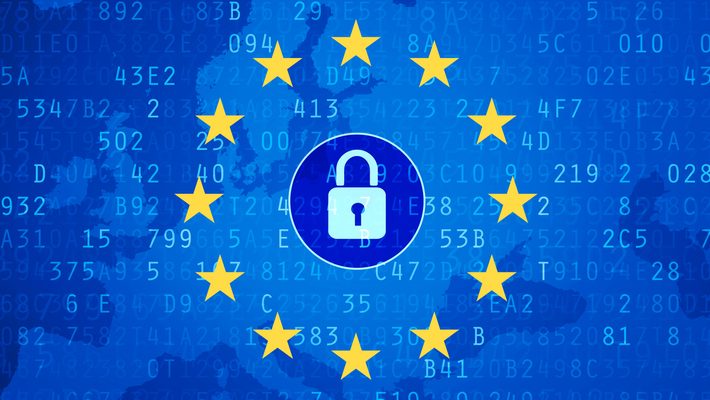Brussels backs down on mass surveillance
The European Union (EU) Council has made a last-minute withdrawal of the EU’s highly controversial planned “Chat Control” legislation, which was due to vote yesterday. This would have effectively introduced mass digital surveillance by means of fully automated real-time monitoring of all messaging and chats.
The EU would appear to finally have heeded the harsh warnings that have been coming from the cybersecurity and communication sectors since the controversial ruling was first proposed in 2022. For the six months prior to Thursday’s decision, the EU Belgian Council presidency has been sitting on a deadlock between EU countries. Germany and Poland have heeded privacy experts’ warnings of a potential police state. But Ireland and Spain are pressing for draconian new online laws to fight a rise in online child sexual abuse material that has grown since the start of Europe’s widespread lockdowns two and a half years ago.




